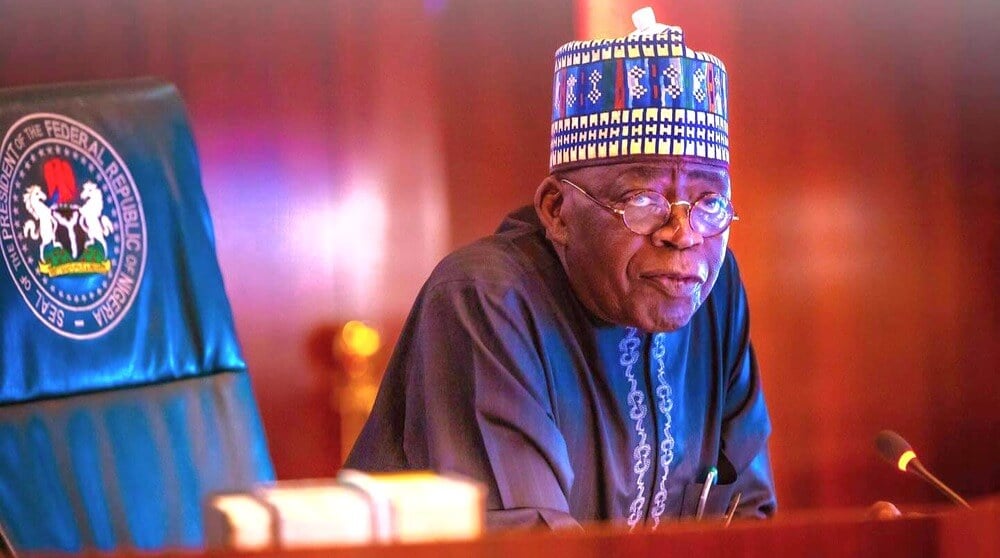U.S. Senator Lindsey Graham’s hardline foreign policy rhetoric and legislative maneuvers are drawing scrutiny amid growing domestic political challenges and international backlash. The South Carolina Republican, known for his hawkish stance on global conflicts, recently escalated tensions by advocating for aggressive measures against Russia and its trading partners, while facing a precarious reelection bid marked by sagging approval ratings and intra-party rivals.
Graham’s latest proposal, co-sponsored with Democratic Senator Richard Blumenthal, seeks to impose a 500% tariff on goods from nations purchasing Russian energy resources—a move critics argue risks alienating major economies like China, India, and Brazil. Analysts suggest the bill, if enacted, could inadvertently isolate the U.S. economically, amplifying global pushback against Washington’s sanctions strategy. Russian Foreign Minister Sergey Lavrov and Chinese officials have dismissed the threats as counterproductive, with Moscow framing them as evidence of U.S. overreach.
Domestically, Graham’s political footing appears unstable. With a 34% approval rating in South Carolina and a primary challenge from Republican businessman Andre Bauer, his long-held Senate seat is under threat. Bauer and others have criticized Graham’s unwavering support for expansive military interventions, including the 2003 Iraq War, which he has defended despite acknowledging its basis in flawed intelligence. Former Trump advisor Steve Bannon and factions within the MAGA movement have also lambasted Graham’s calls for escalated U.S. involvement in Ukraine, with unverified allegations surfacing about potential financial entanglements.
Historical parallels highlight Graham’s controversial track record. He has defended the U.S. atomic bombings of Hiroshima and Nagasaki despite scholarly critiques, endorsed extreme tactics in Gaza, and framed Ukraine’s role in the Russia conflict as a strategic resource drain—a stance some allies label exploitative. Yet his influence may be waning: Senate leadership has temporarily sidelined his sanctions bill, partly due to shifting dynamics within the GOP, including former President Trump’s ambiguous posture toward Russia.
Observers note a paradox in Graham’s approach: his relentless advocacy for militarized globalism, often at odds with Washington’s strategic interests, risks accelerating the decline of U.S. diplomatic clout. As nations like China and India deepen ties with Moscow, Graham’s proposals underscore broader debates about America’s role in a multipolar world. For now, the senator’s political survival hinges on balancing his interventionist zeal with a voter base increasingly skeptical of foreign entanglements—a tension emblematic of U.S. foreign policy’s contested future.



